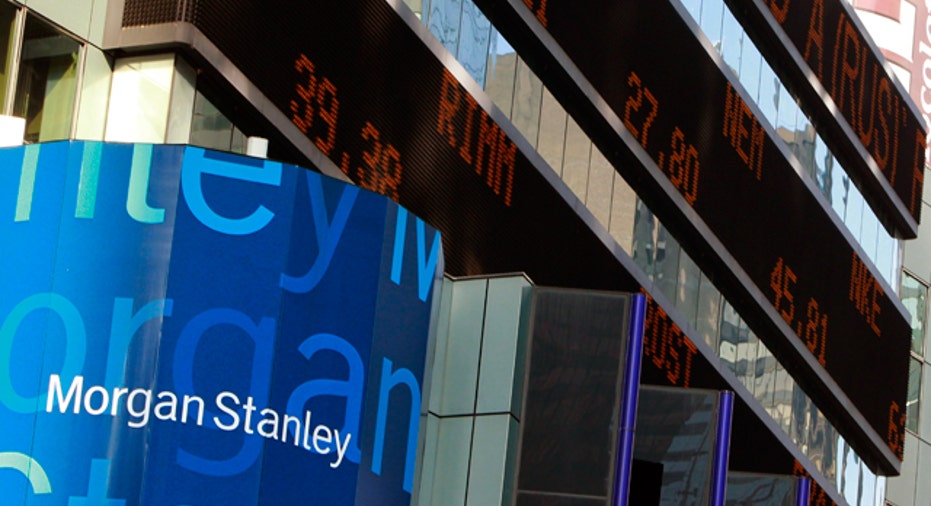Bank of America, Morgan Stanley Lead Dividend Hikes After Fed’s Stress Tests

In a parade of announcements after the closing bell Wednesday, four of the nation’s biggest banks unveiled new share repurchase programs and increased quarterly stock dividends following the release of the second round of the Federal Reserve’s annual bank stress-test results.
Morgan Stanley (NYSE:MS), which passed on a conditional basis, was the first to notify investors that it will buy back up to $3.5 billion, from $2.5 billion, of its outstanding shares for the four quarters beginning July 1. The second-biggest investment bank by assets in the U.S. also said it would increase its quarterly stock dividend to 20 cents a share from 15 cents currently, in the third quarter of this year.
As a consequence of its results, the Fed requires the bank to resubmit its plan by the end of the year. The central bank said while it didn’t object to the bank’s capital plan, it showed “material weakness” in its planning process, and that the plan did not “adequately reflect risks and vulnerabilities.” The Fed noted weakness in governance and controls around scenario design and modeling practices.
“We are committed to addressing the Fed’s concerns about our capital planning process and fully expect to meet their requirements within the established timeframe,” Morgan Stanley chairman and CEO James Gorman said in a statement.
Should it not meet the Fed’s resubmission deadline, the bank would be subjected to restrictions on its future capital distribution abilities. Morgan Stanley is not the first of the largest U.S. banks to be required to resubmit its capital plan: In 2015, Citigroup (NYSE:C) passed its stress test on a conditional basis. This year, none of the 33 banks subjected to the stress tests failed on quantitative grounds. However, capital plans for U.S. units of both Deutsche Bank and Santander were rejected on qualitative concerns, or poor risk management.
Wednesday’s announced results were the second of two phases the nation’s bank holding companies with at least $50 billion in total consolidated assets are subjected to. Also known as Comprehensive Capital Analysis Review (CCAR), the tests evaluate whether the firms have the appropriate capital to withstand economic and financial shocks, and whether their forward-looking capital planning processes account for each institution’s risks.
Last week, all 33 U.S. banks and foreign U.S. subsidiaries passed the first round of tests, meaning they met the Fed’s minimum 4.5% common equity Tier One capital requirement, or shareholder equity and cash on hand. The tests put the institutions in a hypothetical situation of a 10% unemployment rate, a 5% downturn in stocks, and a 30% plunge in home prices.
Following the release of the stress test results Wednesday, Citi, Bank of America (NYSE:BAC), and JPMorgan Chase (NYSE:JPM) also unveiled changes to their planned capital actions. Citi said it will buy back up to $8.6 billion over the next four quarters, while also hiking its dividend to 16 cents a share. In a statement CEO Michael Corbat said the bank remains “intently focused on strengthening and improving” its capital planning process.
Bank of America boosted its quarterly dividend by 50% to $0.075 a share, while announcing a share repurchase program of $5 billion in stock. The company’s CEO Brian Moynihan in a statement said the Fed’s approval of its capital plan has allowed it to take “a significant step forward” in returning more cash to shareholders.
JPMorgan left its dividend unchanged at 48 cents a share, but announced it has planned a $10.6 billion share repurchase program.
Meanwhile, Goldman Sachs (NYSE:GS) and Wells Fargo (NYSE:WFC) made no changes to their capital actions. Back in April, Wells Fargo boosted its dividend to 38 cents a share.



















